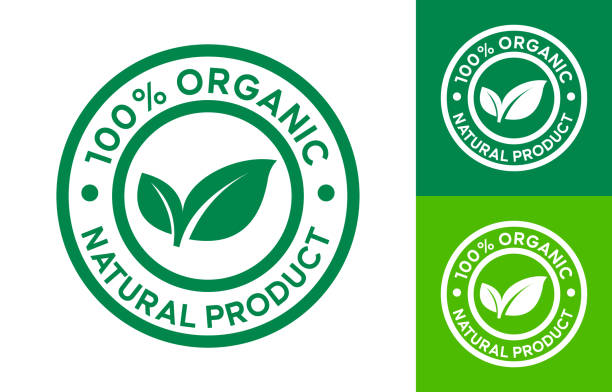Organic Certification
Organic certification is a process that verifies that agricultural products are grown, handled, and processed according to specific standards that promote environmentally sustainable practices and prohibit synthetic pesticides and fertilizers.
Key Aspects of Organic Certification:
- Standards: Each country may have its own set of organic standards, which often align with international guidelines. For example, in the U.S., the USDA (United States Department of Agriculture) has specific criteria for organic labeling.
- Eligibility: To be certified organic, farms and processors must adhere to practices such as:
- No synthetic pesticides or fertilizers
- No genetically modified organisms (GMOs)
- Use of crop rotation and organic compost
- Sustainable land management practices
- Certification Process:
- Application: Farmers or producers must apply for certification through an accredited certifying agency.
- Inspection: An inspection is conducted to ensure compliance with organic standards. This includes reviewing records and observing farming practices.
- Compliance: After the inspection, the certifying body assesses compliance and issues a certification if standards are met.
- Annual Renewal: Organic certification must be renewed annually, requiring ongoing inspections and documentation to maintain compliance.
- Labeling: Certified organic products can be labeled as such, which can enhance marketability and consumer trust.

Benefits of Organic Certification:
- Consumer Trust: Certification assures consumers that products meet organic standards.
- Market Access: Certified products can access premium markets where organic is valued.
- Environmental Sustainability: Promotes practices that protect ecosystems and biodiversity.
